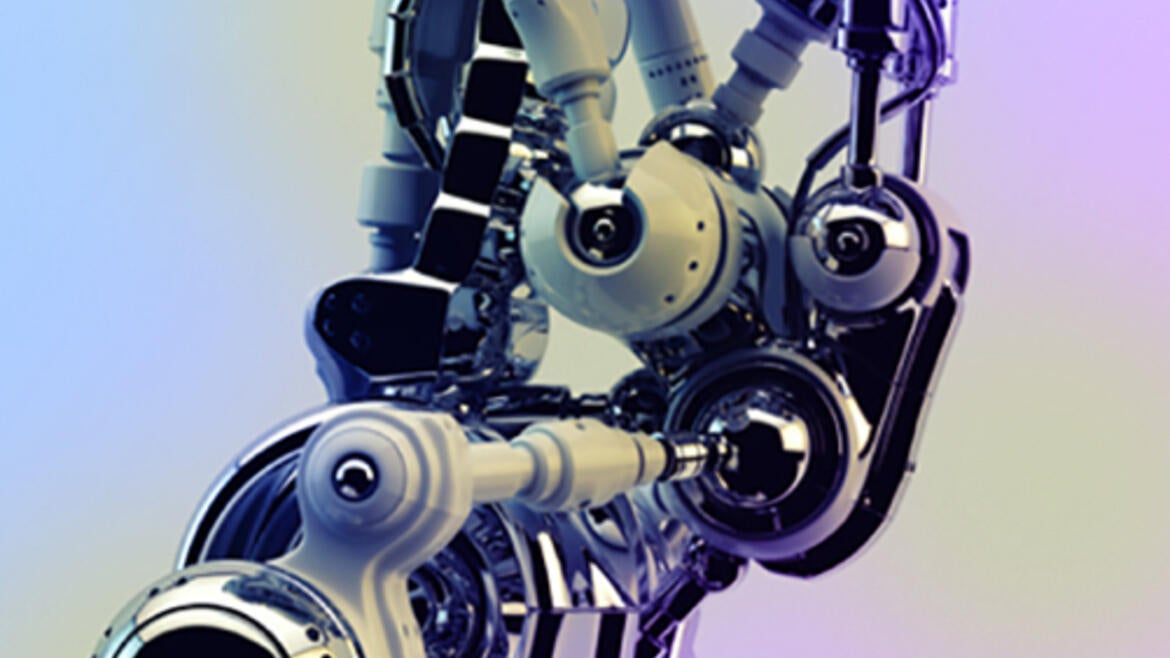MS Defense: Alexander Dupuy

Modeling and Experimental Studies of Densification Rates in Current Activated Densification
Master of Science, Graduate Program in Mechanical Engineering
University of California, Riverside, June 2011
Dr. Javier Garay, Chairperson
Current Activated Pressure Assisted Densification (CAPAD) techniques have shown great promise in efficiently consolidating a wide range of materials systems. This efficiency manifests itself in the form of a high densification rate, which is influenced by the processing parameters and material properties. To better understand these influences, a wide range of materials were densified using the CAPAD technique. By calibrating the device, it was possible to eliminate the effects of thermal expansion and determine the true densification rate of the materials. This data was examined in order to determine the effect that pressure and homologous temperature have on densification rate as well as their sensitivity to material bonding type.
When processing new materials using the CAPAD technique, there is often confusion as to what processing parameters will result in full density. A model was developed to shed light on this issue. This model uses the familiar sigmoidal shape of the density-temperature relationship for the CAPAD along with two model parameters that are defined by processing conditions as well as material properties. It is hoped that this model will be able to save future CAPAD workers both time and resources by allowing them to more accurately estimate their required processing temperature.